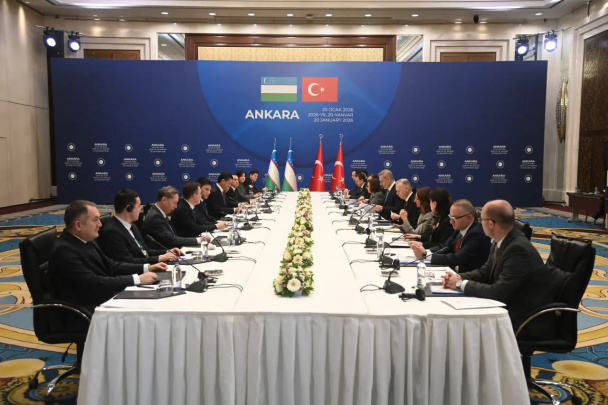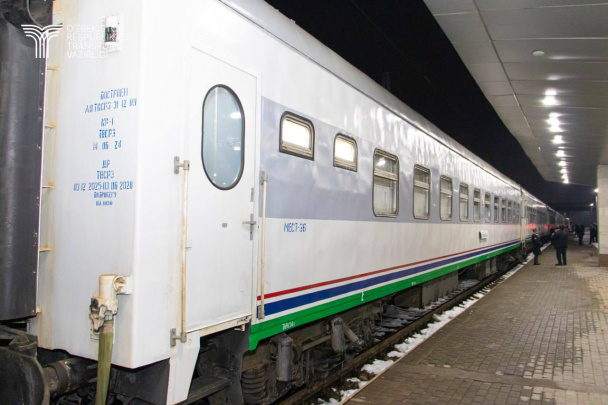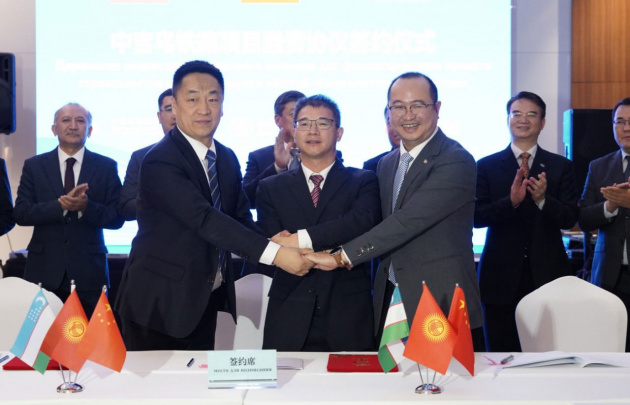Uzbekistan to sign an agreement on international multimodal cargo transportation between OTS member states
The volume of cargo transportation between Uzbekistan and the countries of the Organization of Turkic States in 2021 amounted to 27.6 million tons, of which over 80% were transported by rail, and more than 18% by road.

Photo: Dunyo
This was stated at a briefing in Samarkand by the Deputy Minister of Transport of Uzbekistan Jasurbek Choriyev.
He stressed that ensuring interdependence in the field of transport and communications plays an important role in the further development of economic relations and the overall development of countries and regions that are members of the Organization of Turkic States.
“The shortest transcontinental routes between Europe and Asia pass through the Turkic countries. Therefore, their unification and integration will not only increase the volume of transit cargo, but also actively contribute to the development of all countries of the Eurasian continent,” he said.
In recent years, active efforts have been made in Uzbekistan to create new transport communications that can connect the regions. Among them are the projects for the construction of railways “Termez-Mazar-i-Sharif-Kabul-Peshawar” and “China-Kyrgyzstan-Uzbekistan”.
Uzbekistan actively uses the ports of the OTS member states to organize cargo transportation.
On October 27-28, following a meeting of OTS transport ministers, two important documents were agreed upon - the Agreement on International Multimodal Cargo Transportation between the OTS member states and the Transport Interdependence Program developed by the Ministry of Transport of Uzbekistan.
These documents will be signed during the summit of the leaders of the member states of the Organization of Turkic States.
Their signing will contribute to the systematization of transport corridors passing through the territory of the Turkic countries, increase traffic on their territory, increase the attractiveness of transport corridors, and stimulate the rapid development of the transport infrastructure of the countries. In addition, the efficiency of existing international transport corridors will increase and new routes will be created that will open access to new markets for countries, make it possible to diversify routes, expand the geography of transportation, and also attract additional transit volumes.
Related News

11:55
Uzbekistan ratifies feasibility study agreement for Trans-Afghan railway

19:46 / 20.01.2026
Tashkent and Ankara expand cooperation across security, economy, and connectivity

16:48 / 22.12.2025
Weekly rail service between Tashkent and Kazan resumes

13:35 / 17.12.2025



